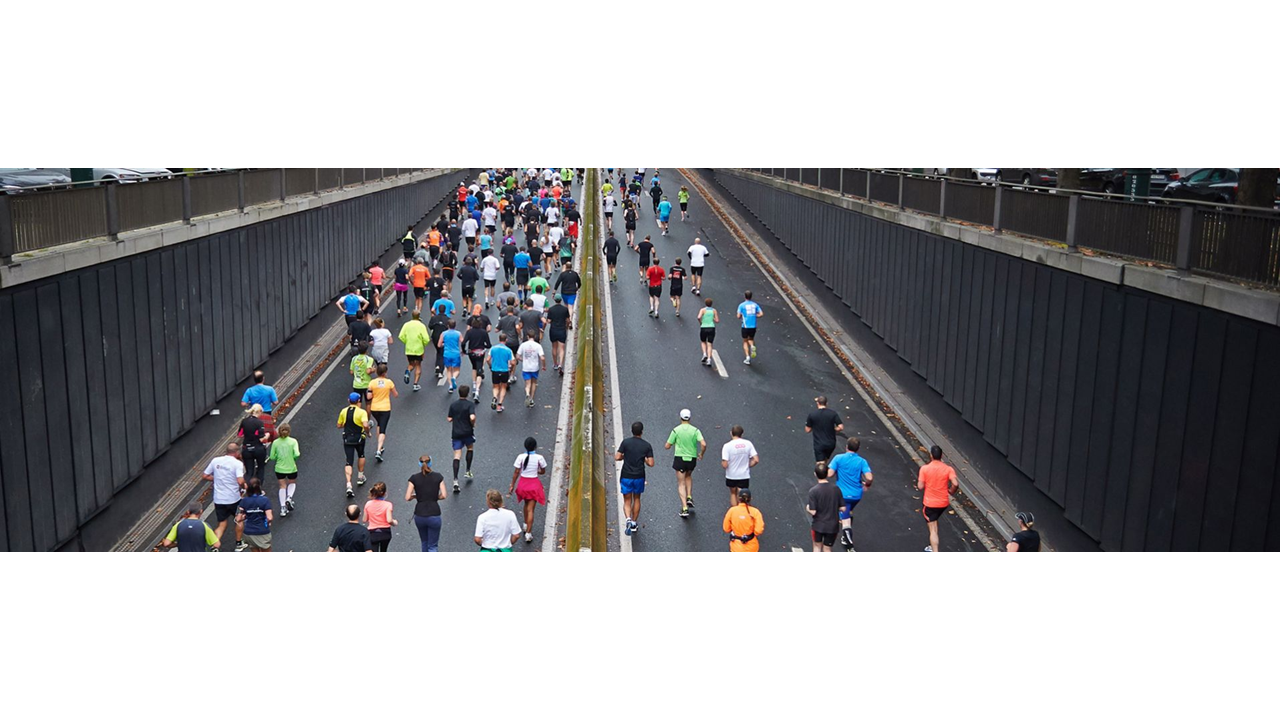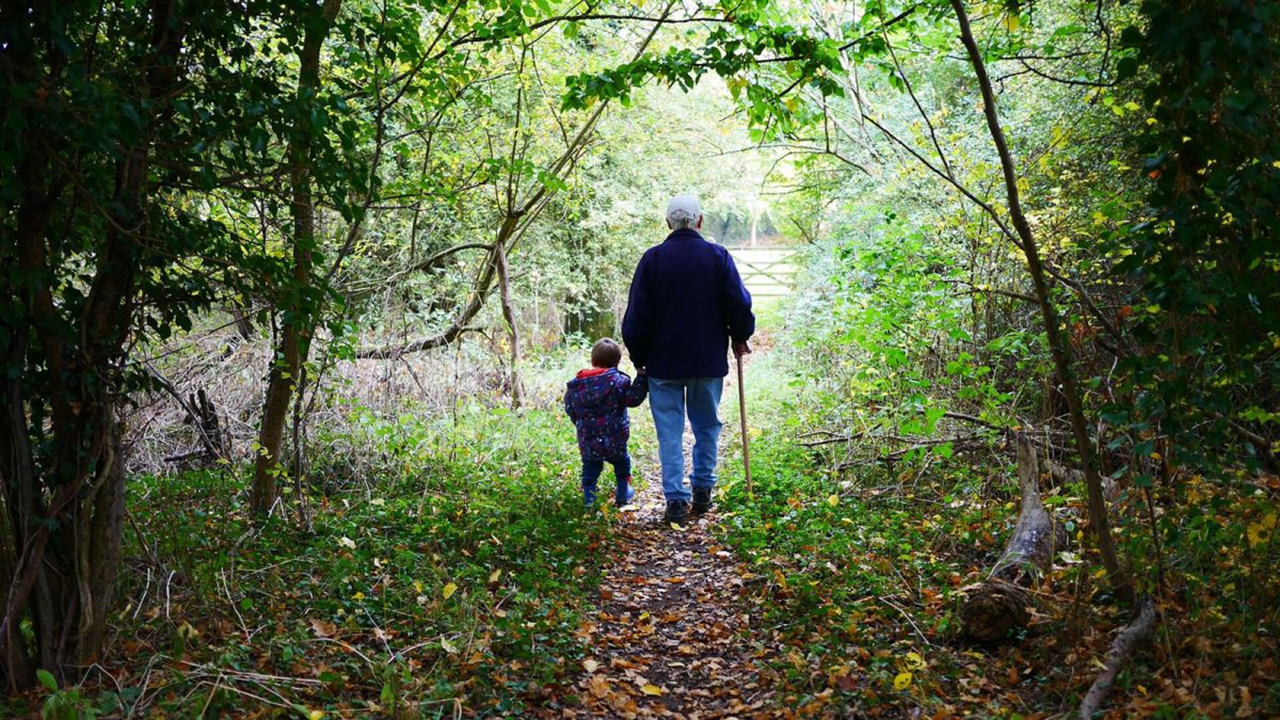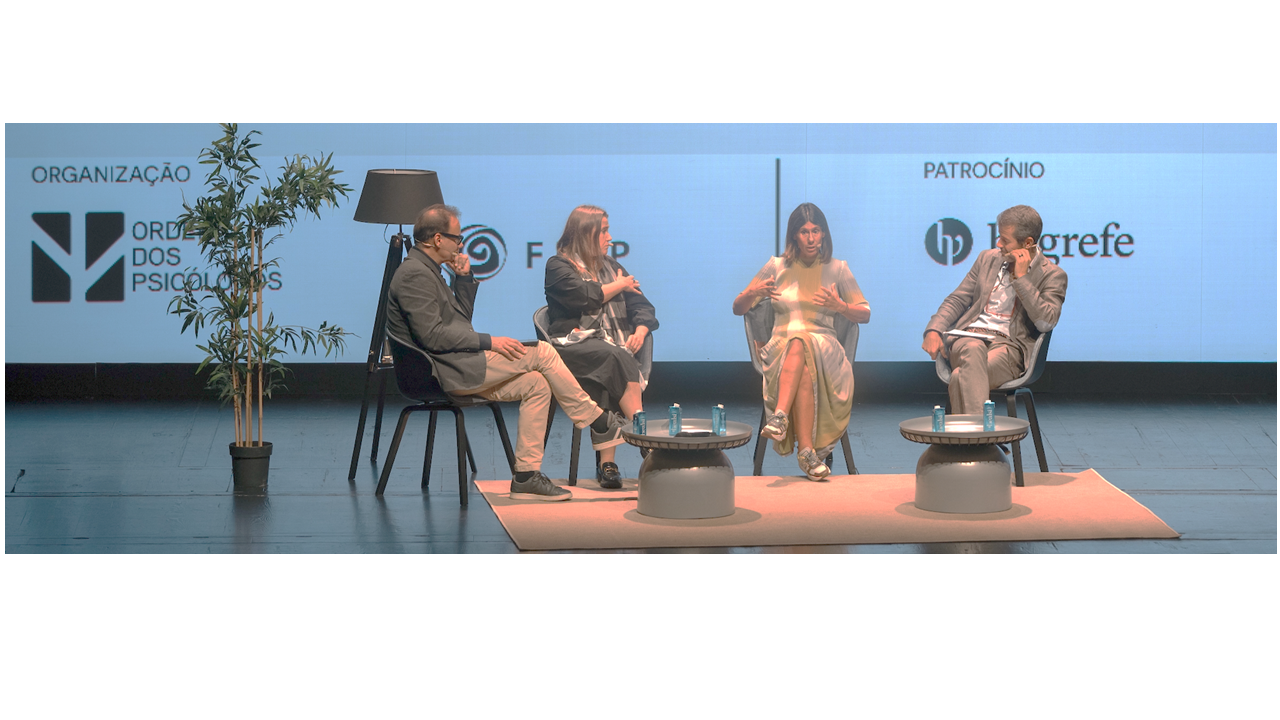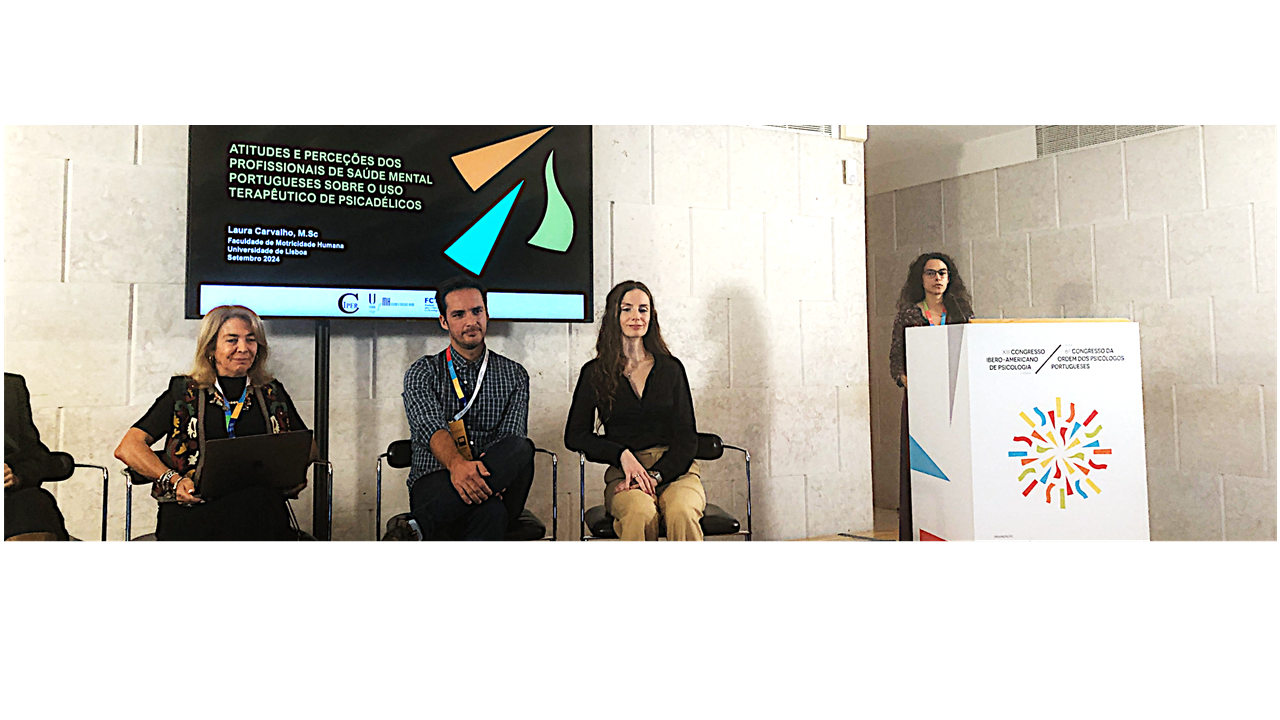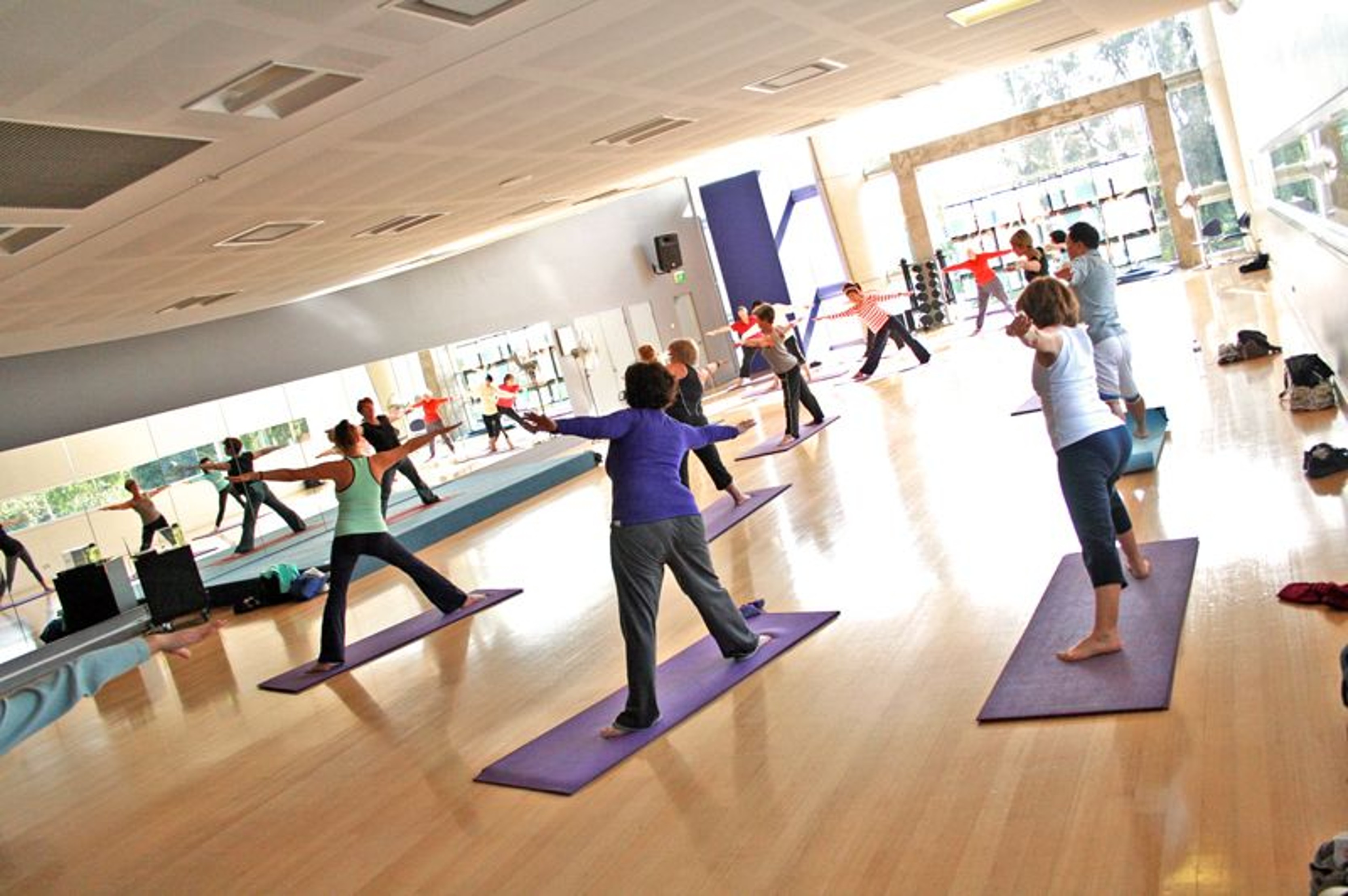Research Overview
This Research Group encompasses research areas focusing on the study of behavior change in the areas of physical activity, exercise, eating behavior, digital biomarkers, and serious games - in relation to different exposures and interventions and how they relate to various outcomes of health and well-being, physical and/or mental health.
Key Research Areas
- Digital phenotyping and behavioural modelling. We explore digital technologies, including smartphones, smartwatches, and wearable sensors, to continuously collect and analyse behavioural data in real-world settings. This approach, known as digital phenotyping, allows for a deeper understanding of psychological states, cognitive processes, and lifestyle habits. Our research leverages these insights to support personalised health strategies, improve early detection of health conditions, and advance precision behavioural science.
- Determinants of health behaviours and interventions for change. We investigate both individual and contextual factors that shape health-related behaviours such as physical activity and diet. Special attention is currently given to the influence of psychedelic experiences as potential catalysts for behaviour change. We also evaluate intervention strategies aimed at promoting healthier lifestyles and long-term behavioural transformation.
- Physical activity, exercise, and mental health. Another major focus is the relationship between physical activity and mental health outcomes. Through population-based studies, we explore the mechanisms that may underlie these associations, aiming to inform public health strategies and clinical practice.
- Exceptional human experiences. Complementary, beyond typical perceptual and cognitive frameworks, often interpreted as unusual or metaphysical, these experiences can be better understood at the intersection of clinical psychology and cognitive neuroscience, providing insight into their underlying processes and contextual emergence.
Specific research topics cover a wide range of innovative approaches aimed at understanding and promoting health-related behaviours. These include:
- Development and application of Serious Games for purposes ranging from physical rehabilitation to mental health care, aimed at fostering healthy behaviours, increasing patient engagement, and improving clinical outcomes.
- Utilisation of digital biomarkers for diagnosis, tracking disease progression, and evaluating treatment responses.
- Deployment of digital technologies to build AI-driven tools that precisely measure core dimensions of human functioning, especially through digital phenotyping.
- Detailing the association between naturalistic psychedelic use and the prevalence and adoption of behaviours like physical activity, dietary patterns, and nature immersion.
- Investigation of motivational and self-regulatory mechanisms underlying psychological and behavioural changes, particularly in relation to psychedelic experiences.
- Validation of psychosocial and physical activity measurement tools for assessing self-regulatory, contextual, and experiential variables that influence behaviour change.
- Epidemiological studies of physical activity and fitness across different life stages, especially in children, youth and older adults, with typical or atypical development, alongside the use of fitness metrics as indicators of chronic disease risk and health status.
- Experimental studies of exceptional human experiences considering the influence of life events on behavior related to the topic of advanced intuition, spontaneity and creativity which are significant psychological structures that shape individuals' interpretations both on sports and life experiences.
Keywords: Behavior change; Behavioral regulation; Behavioral modeling; Behavioral interventions; Digital phenotyping; Digital biomarkers; Serious games; Digital health; Mobile health (mHealth); Wearable technologies; Artificial intelligence in health; Psychedelic experiences; Self-regulation; Motivation; Eating behavior; Physical activity; Exercise psychology; Physical activity epidemiology; Fitness assessment; well-being; Mental health; Depression prevention; Public health; Health promotion; Personalized health; Chronic disease prevention; Youth and aging populations; Vulnerable Populations; Neurodiversity; Psychosocial instruments; Lifestyle interventions; Canon of Spontaneity-Creativity; Intuition; Exceptional Experiences.


